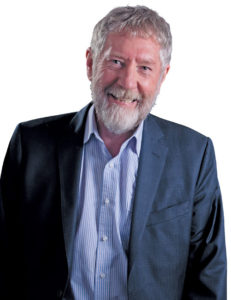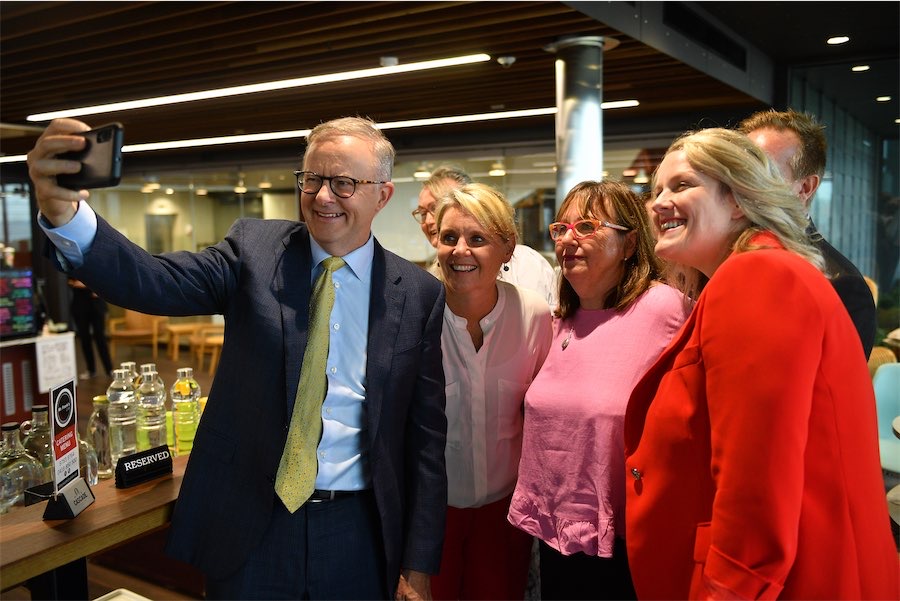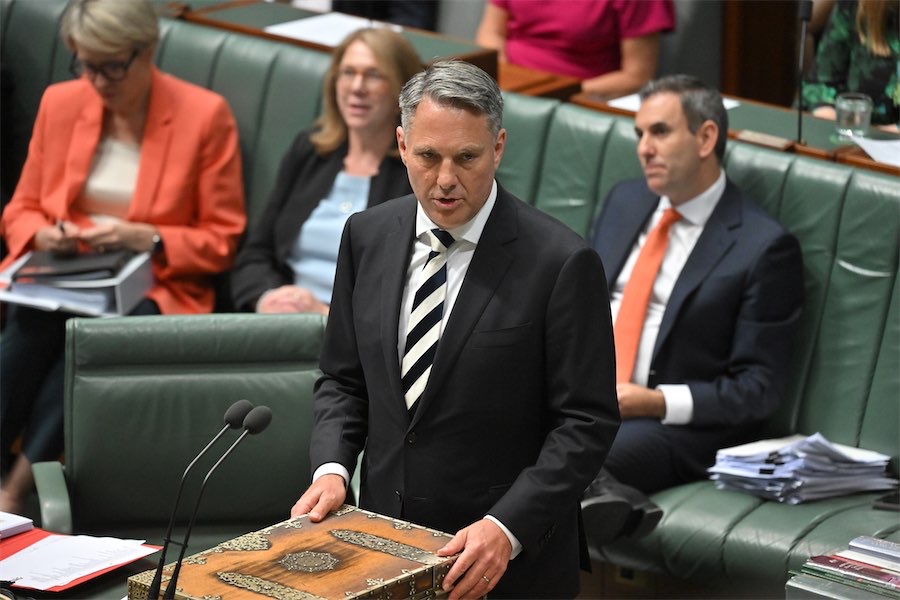“Trust in our politicians and parliaments is deteriorating at an ever increasing rate. Putting party politics and personal interest above community interest has been seriously damaging to our democratic institutions.,” writes political columnist MICHAEL MOORE.
“I’VE been studying elections for 40 years, and never have I seen such poor returns for public trust in and satisfaction with democratic institutions”.

These words of ANU professor Ian McAllister in the last month of 2019 put the year in perspective. He identified what many have been suspecting, a downward trend in public trust since 2007.
Decrease in trust has accelerated this year. Following the constant change of leadership is increased suspicion regarding the motivation and actions of elected representatives.
Examples include Labor’s $100,000 in cash in an Aldi bag, the conservatives kowtowing to the fossil-fuel industry and the antics of government minister Angus Taylor.
Scott Morrison won an “unwinnable” election promising billions in tax cuts based on a reduction in government income by $302 billion over 10 years. As I pointed out early in the year: “When there are inadequate funds in the Budget, something has to give. It is not the wealthy who suffer. Whether cuts are made to education, health, social services or the like – tax cuts invariably have the greatest impact on the poor.”
The style of election was frustrating for those who value democracy. Months out from the election it became clear that Morrison’s marketing tactics were biting and that it would not be a “lay down misere” for Labor.
The concern for voters at the time was “deception, lack of vision and negativity dominate political life. Voters draw the obvious conclusion: our politicians are disparaging people who are not to be trusted”.
The challenge was who should be trusted on the economy, on border security, on health? Who should be trusted with our democracy? Those issues still resonate.
It was not until the end of the year that some progress was made for the ACT and Federal governments on the establishment of integrity commissions. It has been three long years since the promises of the last election and finally the ACT has appointed Dennis Cowdroy QC as commissioner and former NSW ICAC head, John Hoitink, as CEO of the ACT Integrity Commission.
Calls for a Federal integrity commission have found favour with former PM Malcolm Turnbull and Opposition Leader Anthony Albanese. They announced support on the ABC’s “Q&A” program.
Labor identified the capers of minister Angus Taylor as a key reason. Weeks of questioning his behaviour in the parliament did not result in resignation or being stood down by the prime minister, as should have happened as part of our “responsible government” system. Trust eroded.
Instead, there was a direct phone call between the PM and the NSW police commissioner raising issues about propriety and the separation of powers, and further identifying why an integrity commission is needed. Incomprehensible decisions that disproportionately support the fossil-fuel industry, despite climate change, also highlight the need for such an investigative body.
Trust in our politicians and parliaments is deteriorating at an ever increasing rate. Putting party politics and personal interest above community interest has been seriously damaging to our democratic institutions.
A big step forward would be for political parties to more broadly work together in the community interest rather than be constantly bickering.
For Canberrans, there is a high risk that next year will take on a similar tone to 2019. The election on the third Saturday in October will test our political parties in terms of honesty, integrity and actions to address the public interest.
On the one hand, there is a tired, long, long-term government and a compliant public service (or the other way round). On the other, the opposition as the would-be government seems hellbent on pursuing seriously conservative policies.
As the year draws to a close, the issues of integrity and trust dominate both reflections on the last year and expectations for the coming year. The last warning words come from Prof McAllister: “A little over one-in-10 Australians, 12 per cent, believe the government is run for ‘all the people’. In contrast, more than half, 56 per cent, say government is run for a ‘few big interests’. This is a wake-up call”.
Who can be trusted?
In a world of spin and confusion, there’s never been a more important time to support independent journalism in Canberra.
If you trust our work online and want to enforce the power of independent voices, I invite you to make a small contribution.
Every dollar of support is invested back into our journalism to help keep citynews.com.au strong and free.
Thank you,
Ian Meikle, editor





Leave a Reply